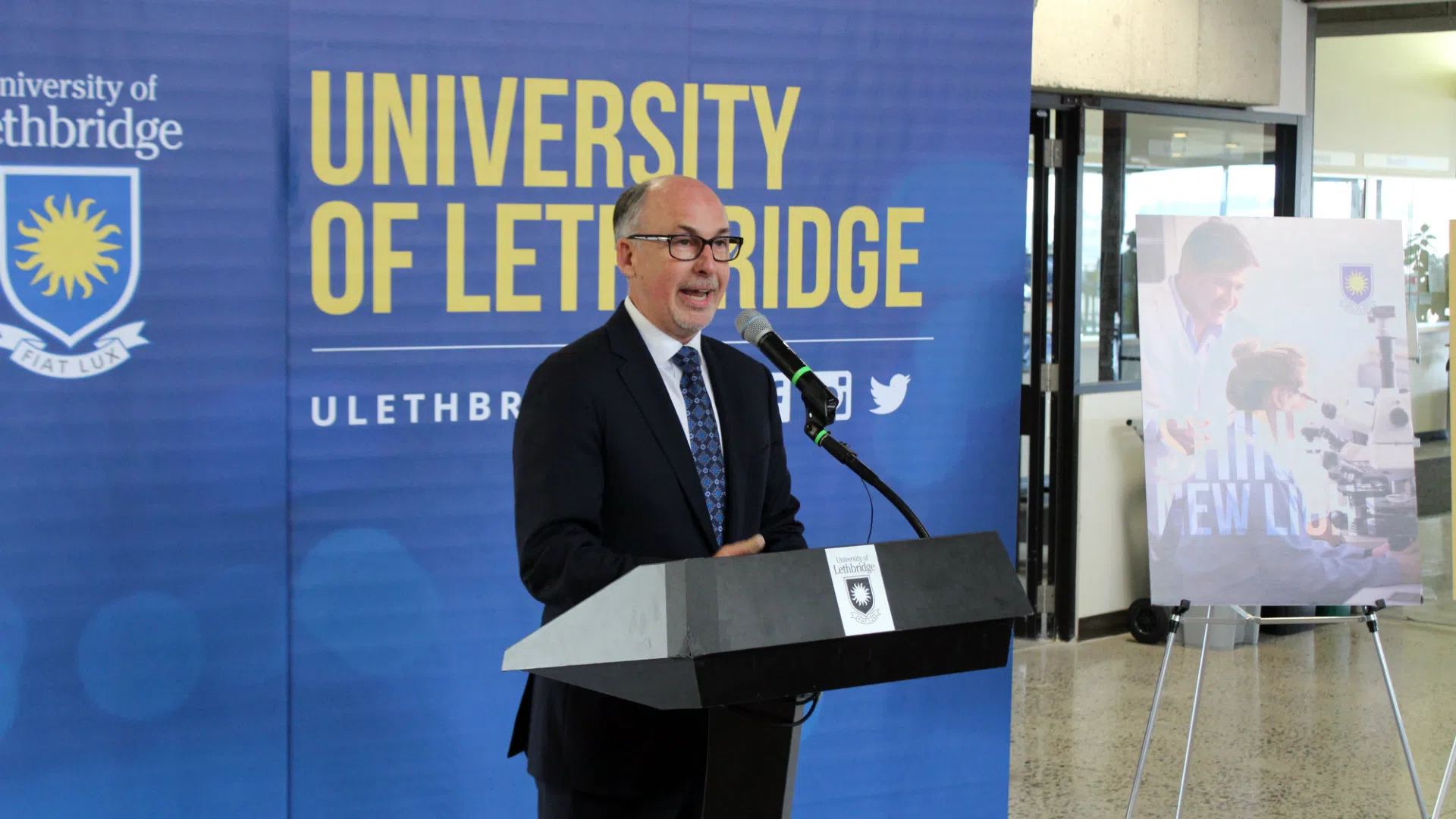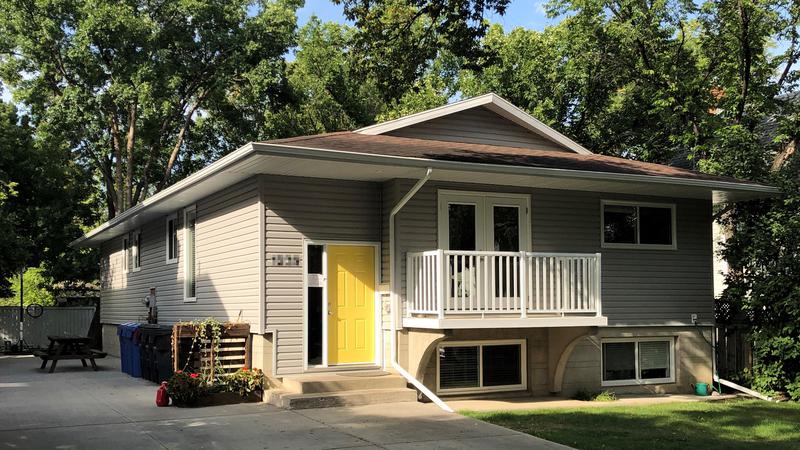
Federal investment of $1-million supports biodegradable plastic research at U of L
LETHBRIDGE – A partnership between the University of Lethbridge and Flexahopper Plastics Ltd. to develop biodegradable plastics without using fossil fuels is moving forward, after receiving a $1-million investment from Western Economic Diversification Canada.
It will go towards the Green Polymer and Technology Centre, which will be housed in the new Science and Academic Building at the university.
At the moment, most plastics are made from polyethylene, which is made from fossil fuel feedstocks and by-products of natural gas, and also requires heat from fossil fuels to process. Adding to the problem, says Dr. Paul Hazendonk, a professor in the Department of Chemistry and Biochemistry at the U of L, is the fact that a lot of those plastics then end up on our oceans.
“The solution would be to have a biodegradable plastic, and such plastics are available from Mother Nature – actually, from cornstarch,” explained Hazendonk, following the investment announcement Friday, Sept. 28. “The problem is the properties of these plastics are not really amenable to the methods of manufacturing that we use today.


